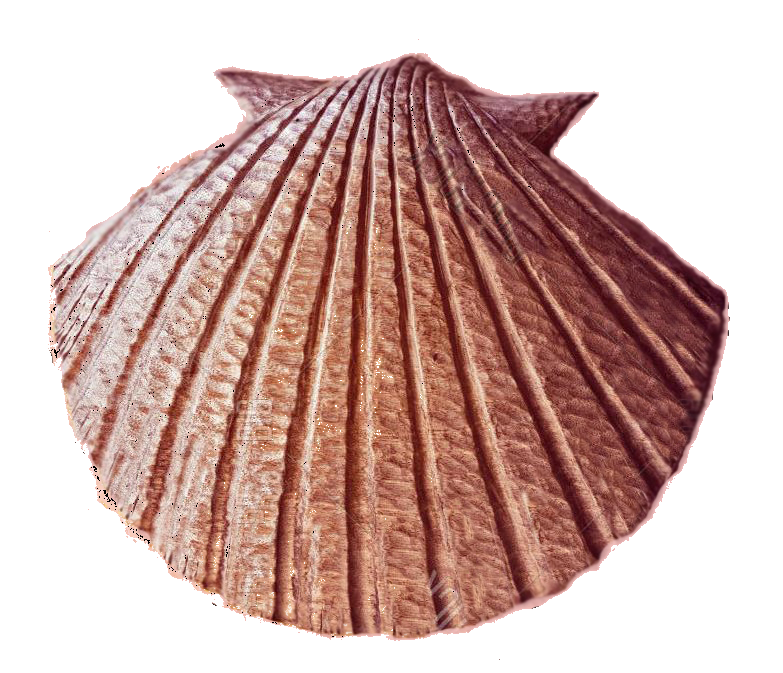

St. Andrew: Christian Apostle
St. Andrew (died 60/70 ce, Patras, Achaia, Greece; feast day November 30) was one of the Twelve Apostles of Jesus and the brother of St. Peter. He is the patron saint of Scotland and of Russia.
In the Synoptic Gospels (Matthew, Mark, and Luke), Peter and Andrew, whose Greek name means "manly", were called from their fishing by Jesus to follow him, promising that he would make them "fishers of men." With Saints Peter, James, and John, Andrew asked Jesus on the Mount of Olives for signs of the earth's end, which inspired the eschatological discourse in Mark 13. In The Gospel According to John, Andrew is the first Apostle named, and he was a disciple of St. John the Baptist before Jesus' call.
Early Byzantine tradition (dependent on John 1:40) calls Andrew protokletos, "first called." Early church legends recount his missionary activity in the area about the Black Sea. Apocryphal writings centred on him include the Acts of Andrew, Acts of Andrew and Matthias, and Acts of Peter and Andrew. A 4th-century account reports his death by crucifixion, and late medieval accretions describe the cross as X-shaped. He is iconographically represented with an X-shaped cross (like that depicted on the Scottish flag).
Both Andrew and his brother Peter were fishermen by trade and also Simon Peter who became a "fisher of men", hence the tradition that Jesus called them to be his disciples by saying that he will make them "fishers of men", romanized: halieîs anthrṓpōn). According to Mark 1:29, at the beginning of Jesus' public life, they occupied the same house at Capernaum.
In the Gospel of Matthew and in the Gospel of Mark Simon Peter and Andrew were both called together to become disciples of Jesus and "fishers of men". These narratives record that Jesus was walking along the shore of the Sea of Galilee, observed Simon and Andrew fishing, and called them to discipleship.
In the parallel incident in the Gospel of Luke Andrew is not named, nor is reference made to Simon having a brother. In this narrative, Jesus initially used a boat, solely described as being Simon's, as a platform for preaching to the multitudes on the shore and then as a means to achieving a huge trawl of fish on a night which had hitherto proved fruitless. The narrative indicates that Simon was not the only fisherman in the boat (they signalled to their partners in the other boat ...) but it is not until the next chapter that Andrew is named as Simon's brother. However, it is generally understood that Andrew was fishing with Simon on the night in question. Matthew Poole, in his Annotations on the Holy Bible, stressed that "Luke denies not that Andrew was there".
The Gospel of John states that Andrew was a disciple of John the Baptist, whose testimony first led him, and another unnamed disciple of John the Baptist, traditionally believed to be John the Apostle, to follow Jesus and spend the day with him, thus becoming the first two disciples called by Jesus. Andrew at once recognized Jesus as the Messiah and hastened to introduce him to his brother. For this reason the Eastern Orthodox Church honours him with the name Protokletos, which means "the first called". Thenceforth, the two brothers were disciples of Christ. On a subsequent occasion, prior to the final call to the apostolate, they were called to a closer companionship, and then they left all things to follow Jesus.
Subsequently, in the gospels, Andrew is referred to as being present on some important occasions as one of the disciples more closely attached to Jesus. Andrew told Jesus about the boy with the loaves and fishes, and when certain Greeks went to see Jesus, they came to Philip, but Philip then had recourse to Andrew. Andrew was present at the Last Supper. Andrew was one of the four disciples who came to Jesus on the Mount of Olives to ask about the signs of Jesus' return at the "end of the age".
https://en.wikipedia.org/wiki/
https://www.catholic.org/saints/
https://missions.ewtn.com/seasonsandfeastdays/stssimonandjude
https://www.franciscanmedia.org/saint-of-the-day/saints-simon-and-jude/